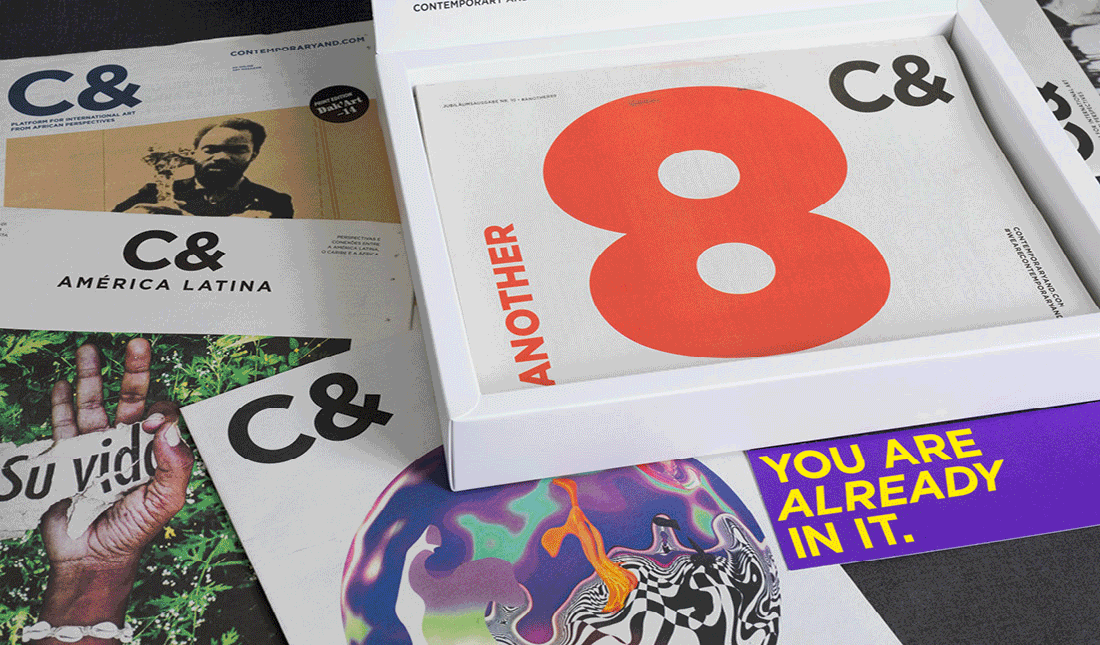Ghana’s First National Pavilion at La Biennale di Venezia 2019
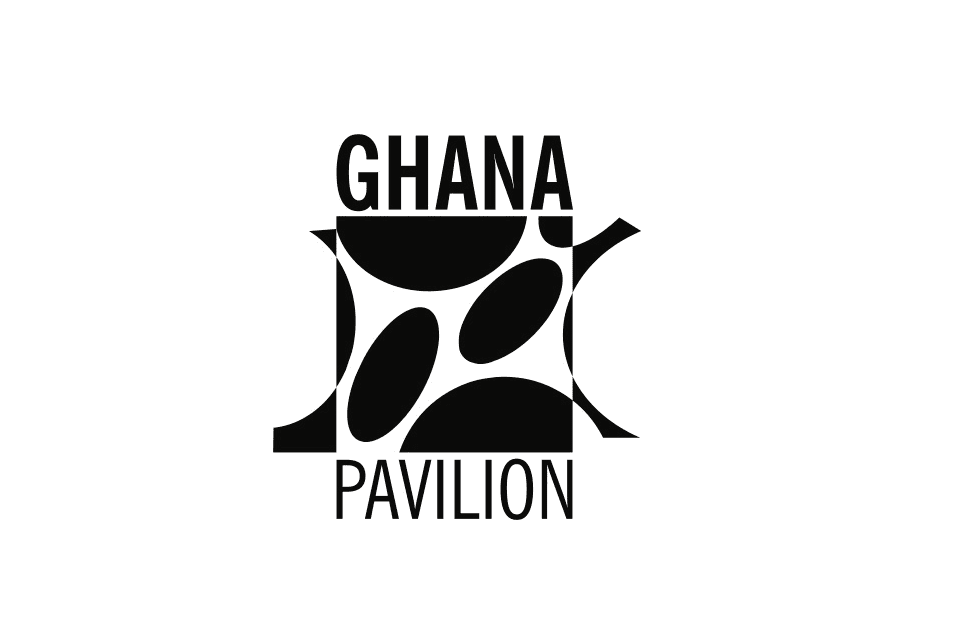
25 February 2019
Magazine C&
3 min read
Ghana will present its first National Pavilion at the 58th International Art Exhibition of La Biennale di Venezia, from 11 May – 24 November 2019. The featured artists are Felicia Abban, John Akomfrah, El Anatsui, Lynette Boakye-Yiadom, Ibrahim Mahama, Selasi Awusi Sosu. Curator: Nana Oforiatta Ayim Architect: Sir David Adjaye OBE Strategic Advisor: Okwui Enwezor …
Ghana will present its first National Pavilion at the 58th International Art Exhibition of La Biennale di Venezia, from 11 May – 24 November 2019.
The featured artists are Felicia Abban, John Akomfrah, El Anatsui, Lynette Boakye-Yiadom, Ibrahim Mahama, Selasi Awusi Sosu.
Curator: Nana Oforiatta Ayim
Architect: Sir David Adjaye OBE
Strategic Advisor: Okwui Enwezor
The first Ghana Pavilion at the Biennale Arte 2019 will take place under the patronage of Ghana’s President Nana Addo Dankwa Akufo-Addo.
Entitled “Ghana Freedom,” after the song composed by E.T. Mensah on the eve of the independence of the new nation in 1957, the pavilion examines the legacies and trajectories of that freedom by six artists, across three generations. Rooted both in Ghanaian culture and its diasporas, the pavilion exhibition will include large-scale installations by El Anatsui and Ibrahim Mahama; representation and portraiture by prominent photographer Felicia Abban and painter Lynette Yiadom-Boakye; and a three-channel film projection by John Akomfrah and a video sculpture by Selasi Awusi Sosu.
Situated in the Artiglierie of the historic Arsenale, the Ghanaian pavilion is designed by Sir David Adjaye. Each artist will exhibit in elliptically-shaped interconnected spaces, which draw inspiration, and are plastered with locally-sourced earth, from classical structures in Ghana.
In addition, the Ghana Pavilion exhibition will include a publication with a preface by President Nana Addo Dankwa Akufo-Addo; foreword by Honorable Catherine Afeku, and contributions by Sir David Adjaye, Kwame Anthony Appiah, Nana Oforiatta Ayim, Okwui Enwezor, Taiye Selasi, Hakeem Adam, Adjoa Armah, Mae-ling Lokko, Kuukuwa Manful, Larry Ossei-Mensah, and Mavis Tetteh-Ocloo. There will be a series of platforms during the 58th International Art Exhibition in Venice, and “Ghana Freedom” will travel from Venice to Accra after the closure of the Exhibition in November.
Nana Oforiatta Ayim, curator of the pavilion, said, “It means a lot for us to have our first national pavilion at such a narrative-building event as the Venice Biennale, especially at this moment. The conversation about nations is broadening in the face of issues of migrations; of us redefining our connections to our diasporas throughout our ‘year of return’; of discussing what it might mean to have our cultural objects returned, and how we thus might redefine ourselves in the world; and of finally moving out of the ‘postcolonial’ moment into one we have yet to envision.
Sir David Adjaye says, “Being able to show the diversity and creativity of Ghana on an international scale is an incredible achievement, and one which showcases the talent that we have to offer. The commitment and inspiration shown by the President in commissioning this pavilion is a testament to what our country has to offer the art community.”
Honorable Catherine Afeku, Minister of Tourism, Arts and Culture says, “This is a historic moment for us in Ghana. Arts and culture are the very soul of a nation, and with our maiden entry to the Venice Biennale, under the leadership of His Excellency, Nana Addo Dankwa Akufo-Addo, I can say, we have arrived.”
from
Announcement
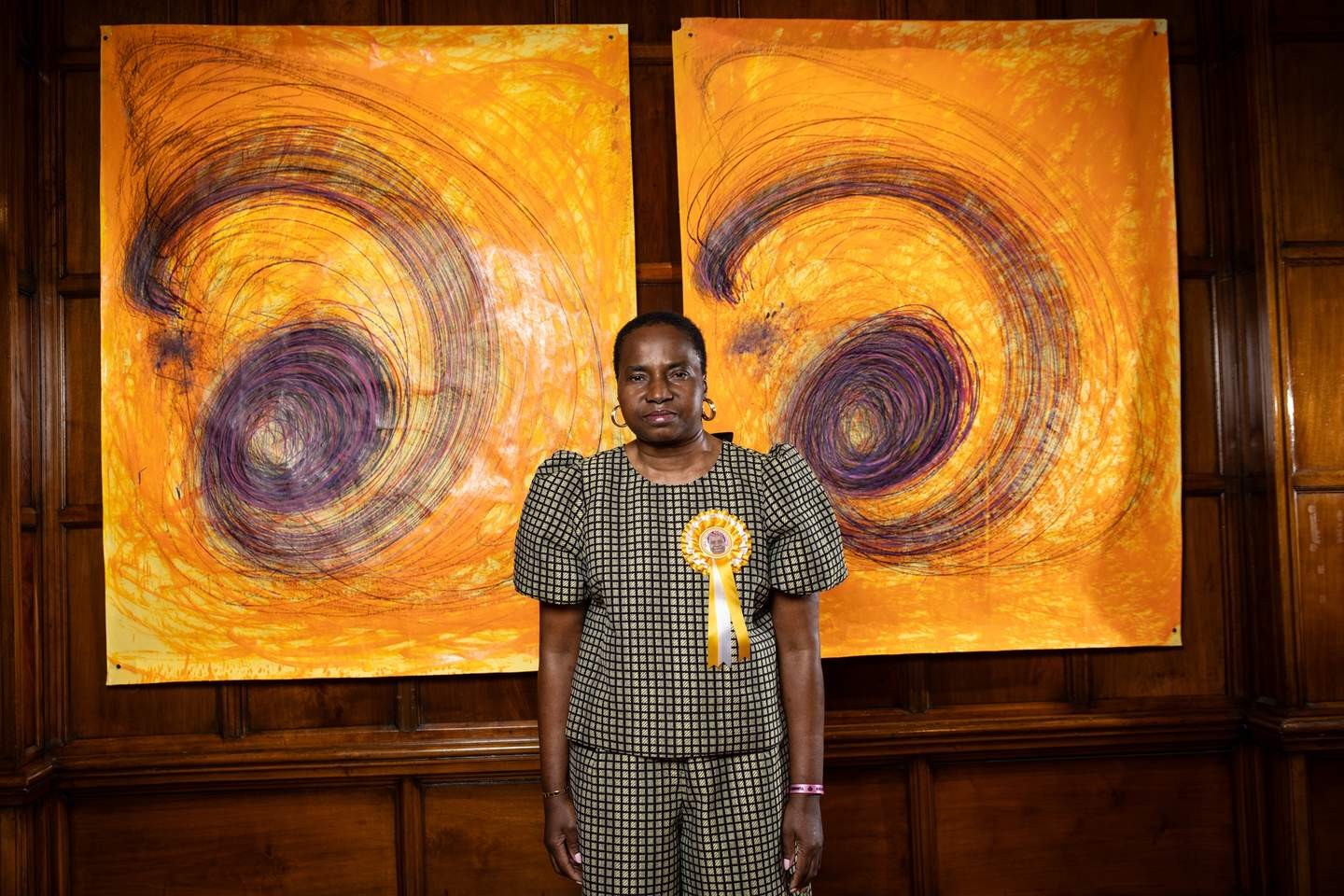
Nnena Kalu wins Turner Prize 2025
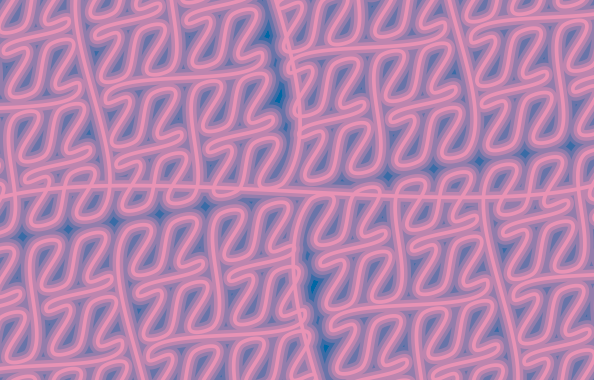
Coming Soon: APRIA Journal Issue #7 — Exhaustion
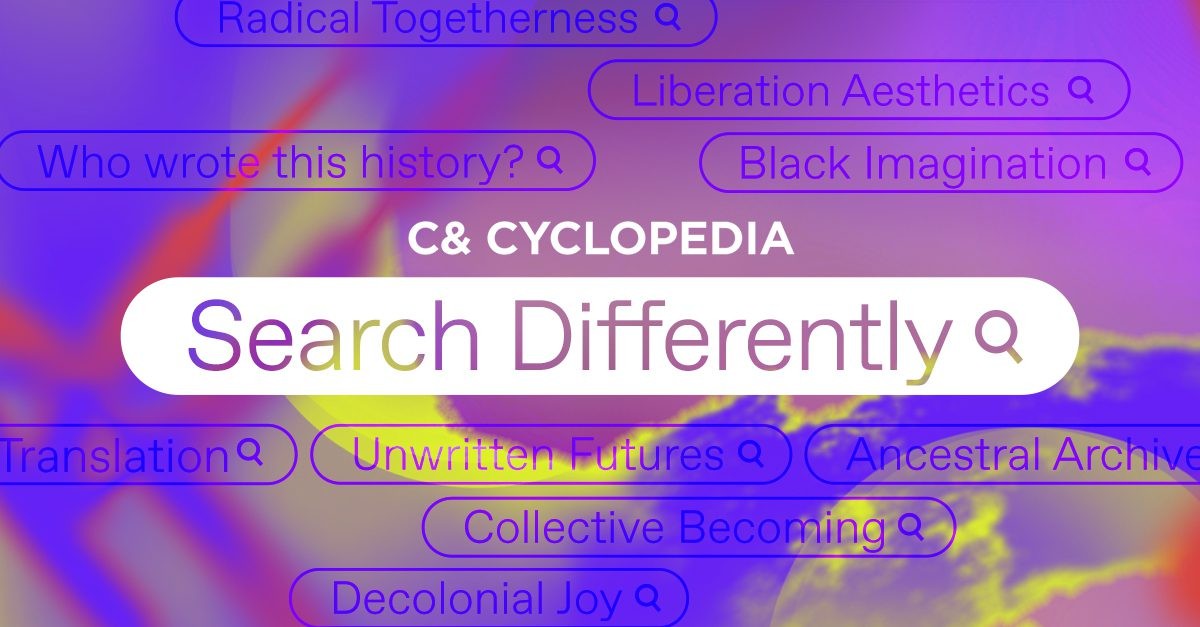
Introducing the C& Cyclopedia
from
Diaspora
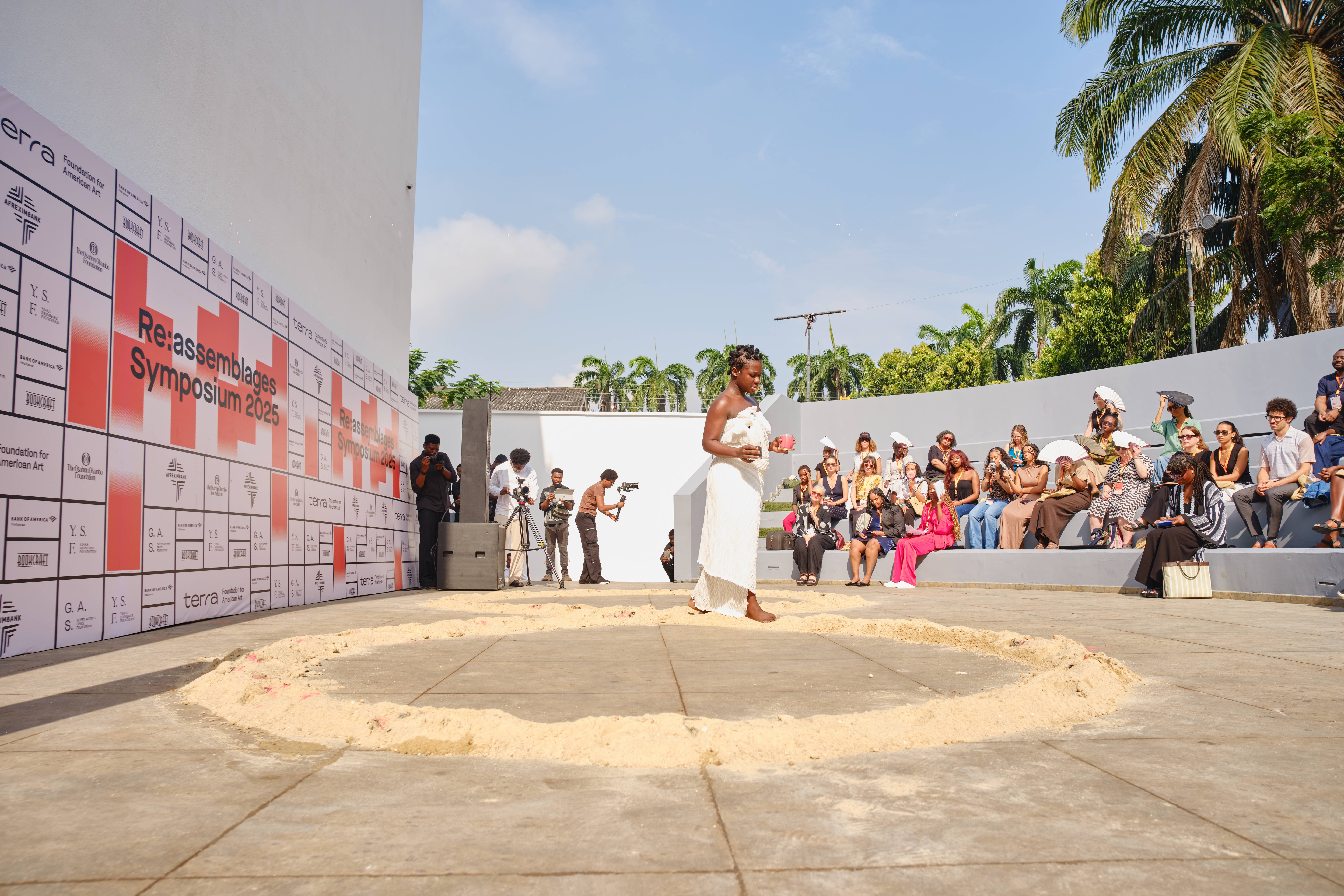
The Re:assemblages Symposium: How Might We Gather Differently?
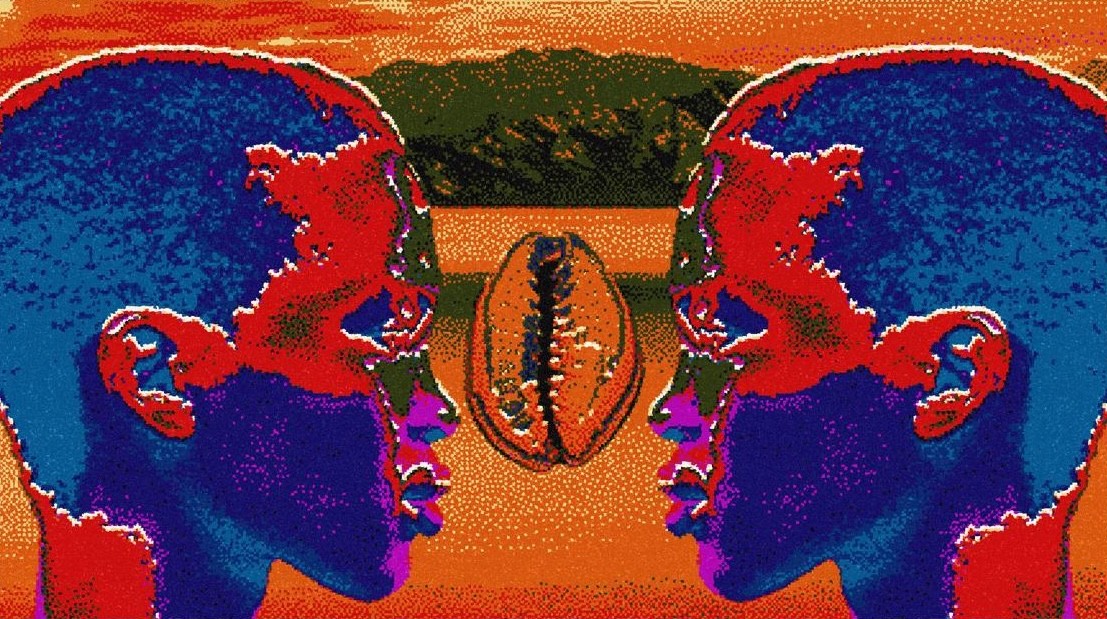
On Exile, Amulets and Circadian Rhythms: Practising Data Healing across Timezones
